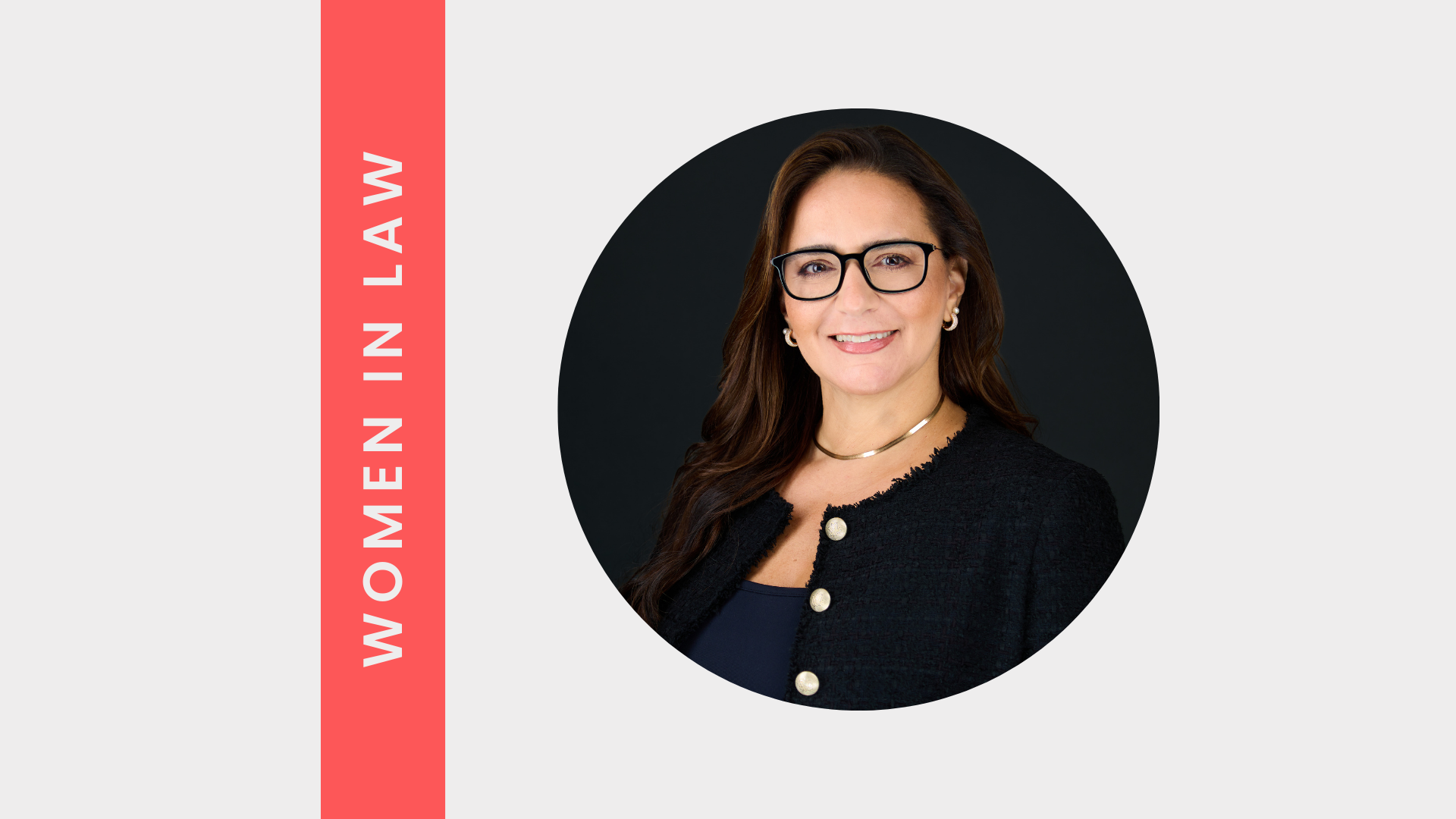Hydrogen Tech Talks: Why your mental health is not taboo
Everyone has their own mental health to look after in the same way that they have physical health to consider. Both have good days and bad days and are, unsurprisingly, linked. Physical health can impact upon mental health, both positively and negatively, and mental health can manifest itself in physical symptoms. So why do we often treat them separately and why is one viewed so differently by some people? Why are we happy discussing one, often at length, in the workplace and not the other? Fortunately, more organisations are actively taking steps to ensure that mental health issues are no longer stigmatised or a taboo subject.
A safe space at work
It’s important that mental health is acknowledged by companies at a fundamental level, so that a sick day for mental health reasons is treated the same as a day off with flu. Once that security is in place and people don’t feel guilty should they need to take time off, the second step is creating a culture where mental health can be discussed freely. Everyone has feelings and emotions, from the newest graduate employee to the most senior board member, and while some people don’t like to discuss them, it needs to be an option that anyone can should they need to. Every employee should feel able to express their emotions or unhappiness while at work, rather than bottle it up where it can become a greater problem. A simple environment of free speech and feedback is a huge positive step in the right direction. This open culture should be adopted in the everyday interactions between employees as well as in acutely stressful work situations, to provide a safe environment where people can share how they feel without reprisals.
The mental health of leaders
There’s a perception that senior figures don’t get nervous, stressed or worried in the same way, but this of course isn’t true. And, just as a physical illness wouldn’t preclude anyone climbing the career ladder, there is no reason that any mental health issue should be a barrier to success. Any change to corporate culture always needs to come from the top, so it’s important that leaders are open about their own emotions and feelings, to encourage their staff, acknowledging that it’s OK not to feel great or when they need some support themselves. While leaders have this responsibility to the wellbeing of their teams, they also have a responsibility to the business, so there needs to be a similar safe space model for them too. For example, there’s no point spreading anxiety about a corporate or management matter right across the workforce unnecessarily, so for leaders it’s important that there is someone of their own level or in HR they can talk to should they need to. Being mindful of messaging and how and what is said is an important element for leaders to bear in mind, so that there is no avoidable spread of negativity among teams.
The challenges of lockdown
The global pandemic and the resultant working from home has produced slightly different challenges, given people have adapted or reacted to the enforced lockdowns and limitations in different ways. Mental health issues have understandably been on the rise as we all come to terms with the virus. Video calls have become the norm, which isn’t to everyone’s liking or strengths, and while previously, important workplace events such as annual reviews would never have taken place over video, they now are. This, combined with the lack of friends or colleagues to turn to, has heightened the stress levels for many, so it’s vital that companies extend a virtual safe space to employees now. One of the best ways to help people feel more comfortable with discussing issues on a screen rather than face to face is for leaders to again lead from the front. By acknowledging the bizarreness of the situation, or their own tech problems at home, or the kids in the background, they can create a calmer environment in which to talk about more sensitive issues.
Mental health in the hiring process
Interviews are still seen by some hiring managers as survival of the fittest where the interviewer tries to outsmart the candidate, but if a candidate is mentally tougher and survives, they will get the job. While this outdated mindset is fortunately on its way out, there is still a lot of work that could be done to make the hiring process better. Almost everyone is naturally anxious before a job interview, but some people are crippled by the stress of them and this isn’t always recognised. Sadly, they are often still judged on their performance in this artificial situation rather than on their ability to do the job. Employers can take steps in their recruitment processes to help remove some of that stress. Being transparent about what will happen during and after the interview is an easy thing to action. Checking in with candidates about any requirements before they come is another. Putting people at ease, especially in the current era of video interviews, shows an element of respect for the candidate that will help diffuse the heightened stress of the interview, as well as improve employer brand reputation. This can be done in several ways, such as letting candidates know that there is no dress code required on the video call, or not to worry if a child walks into shot. The cost of making these tiny concessions or changes is trivial compared to the cost of losing the best candidate you've ever interviewed!
I would personally like to thank Dan McNeil, who is the Platform & API Director at ComplyAdvantage, for sharing all his insightful thoughts on this sensible subject during our Tech Talks video interview last month. You can check out our interview by following this link: Hydrogen Tech Talks: Why your mental health is not taboo.
Our latest insights







